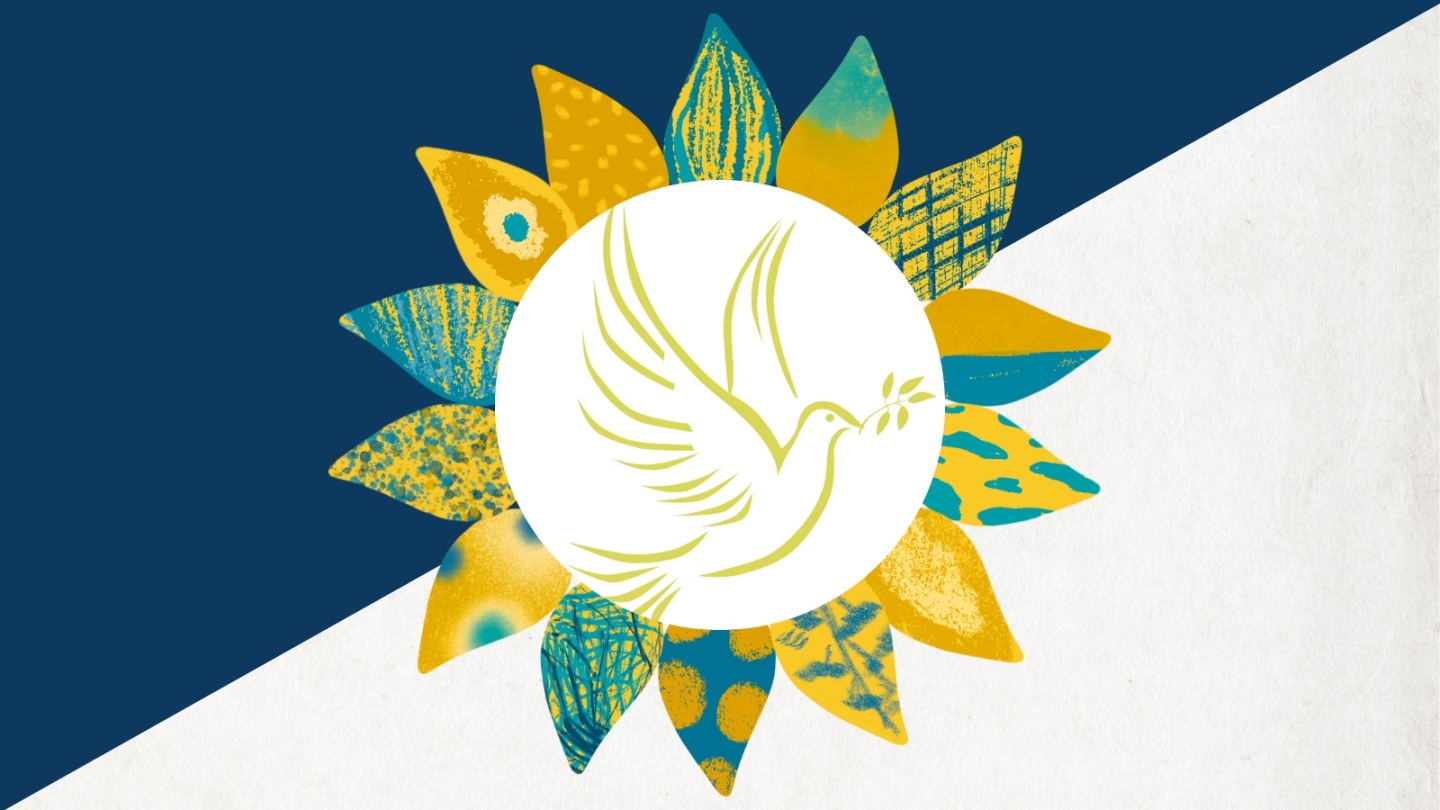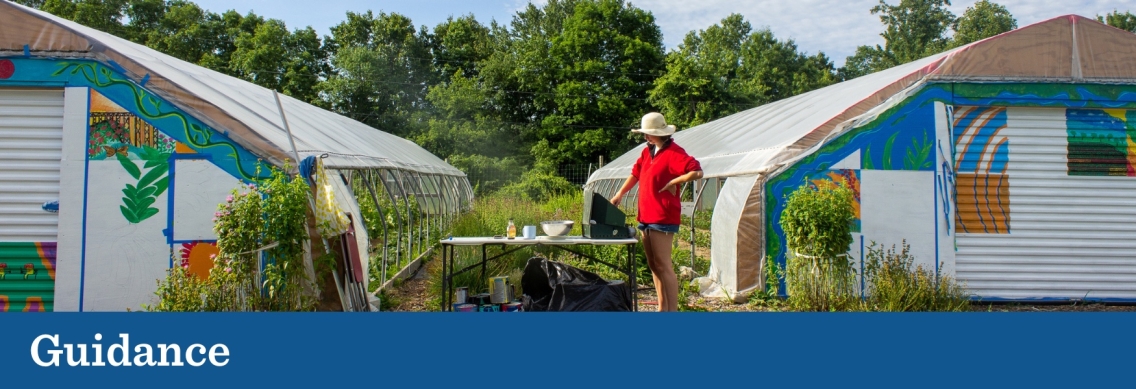
Alumni Award
The Projects for Peace Alumni Award seeks to recognize an individual who has demonstrated sustained contributions to the field of peacebuilding and conflict transformation and who has charted a clear path forward for future impact.
The award is intended to celebrate and enhance the achievements of past Projects for Peace grantees.
The $50,000 annual award is made possible through the Kathryn Wasserman Davis Collaborative in Conflict Transformation at Middlebury.

Applicants must be nominated by the educational institution which supported their Project for Peace. No direct-apply or “at-large” applications will be accepted.
Applicants must have implemented a Project for Peace any time in the history of the program. The applicant’s name must appear on the approved final report submitted at the conclusion of their Projects for Peace grant.
Each eligible partner institution may nominate up to two candidates for consideration. If an institution chooses to submit two candidates, only one candidate may be a first-time nominee. One or both candidates can be re-nominated from a previous year.
Educational institutions nominating applicants need not be current Projects for Peace partners, but must have been a partner institution in the past.
Educational institutions are not obliged to make a nomination nor accept applications.

The Projects for Peace Alumni Award review committee will read all nominated applications and select the awardee. Deliberations are confidential, but general selection criteria may include:
- Evidence of an enduring commitment, over time, to:
- Peacebuilding and conflict transformation. Applicants need not be working on the same issues or using the same approaches as their original Project for Peace.
- Community engagement, as well as public sharing of their actions and impact.
- Innovation and creativity in approaches to peacebuilding and conflict transformation in their field.
- The clarity with which the applicant articulates how conflict transformation integrates with their peacebuilding approach.
- Evidence of productive engagement with conflicts that may underlie targeted issues. Conflict transformation moves from destructive “us versus them” dynamics to patterns of constructive engagement, understanding and problem-solving.
- Evidence of critical reflection on progress to date, and consideration of how their work could be expanded and/or revised in the future.
- Potential impact of the award funds to accelerate or expand the awardee’s vision.

Guidance is provided to all current or former educational institutions, upon request. Interested Projects for Peace alumni should contact the college or university that supported their Project for Peace.
An award timetable and FAQ is provided here.
Questions may be directed to ProjectsforPeaceAlumniAward@middlebury.edu

